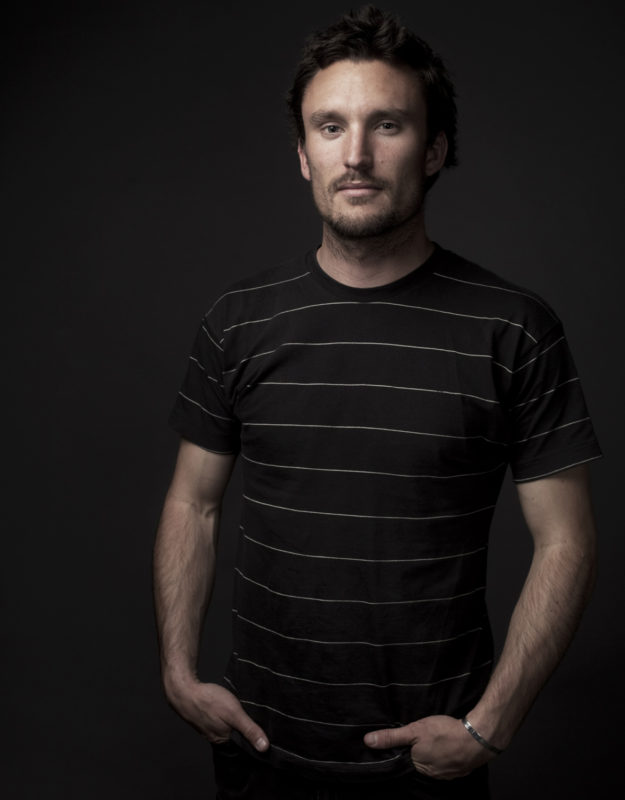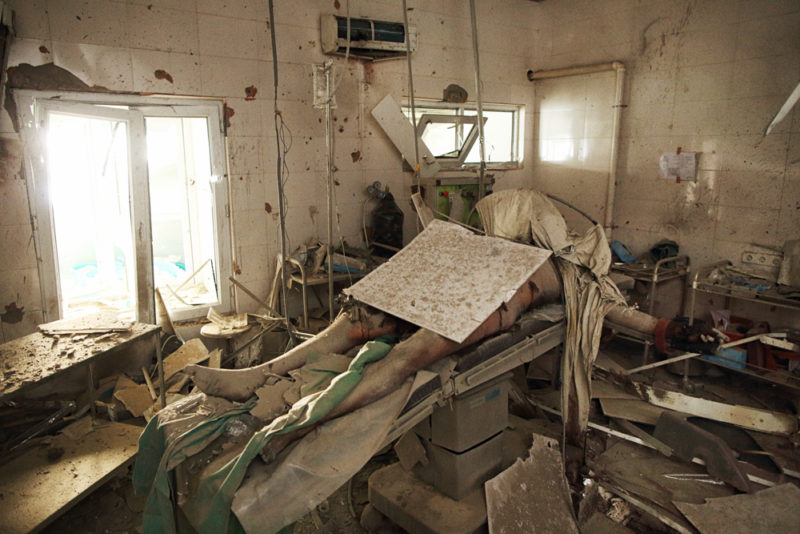From Afghanistan to a Gold Walkley, how war ignited a new passion
You wouldn’t expect a Gold Walkley winner to feel like a second-class citizen in the media world, however for Andrew Quilty it was a feeling all too familiar. Mumbrella spoke to the winner about the war-torn country that re-ignited his passion for photography.
For many the thought of moving to a war-torn country riddled with devastation and harsh landscapes would instil more fear than inspiration, but for a photographer like Andrew Quilty the fear was nothing compared to the creativity it spawned.
Quilty’s first step in finding fulfilment and validation in his art, and towards his Gold Walkley, was on this turf that for many is synonymous with terror, war and death.




That cover shot is extraordinary.